Understand Poodle Breed Information from History to Health Concerns to Become a Knowledgeable Owner
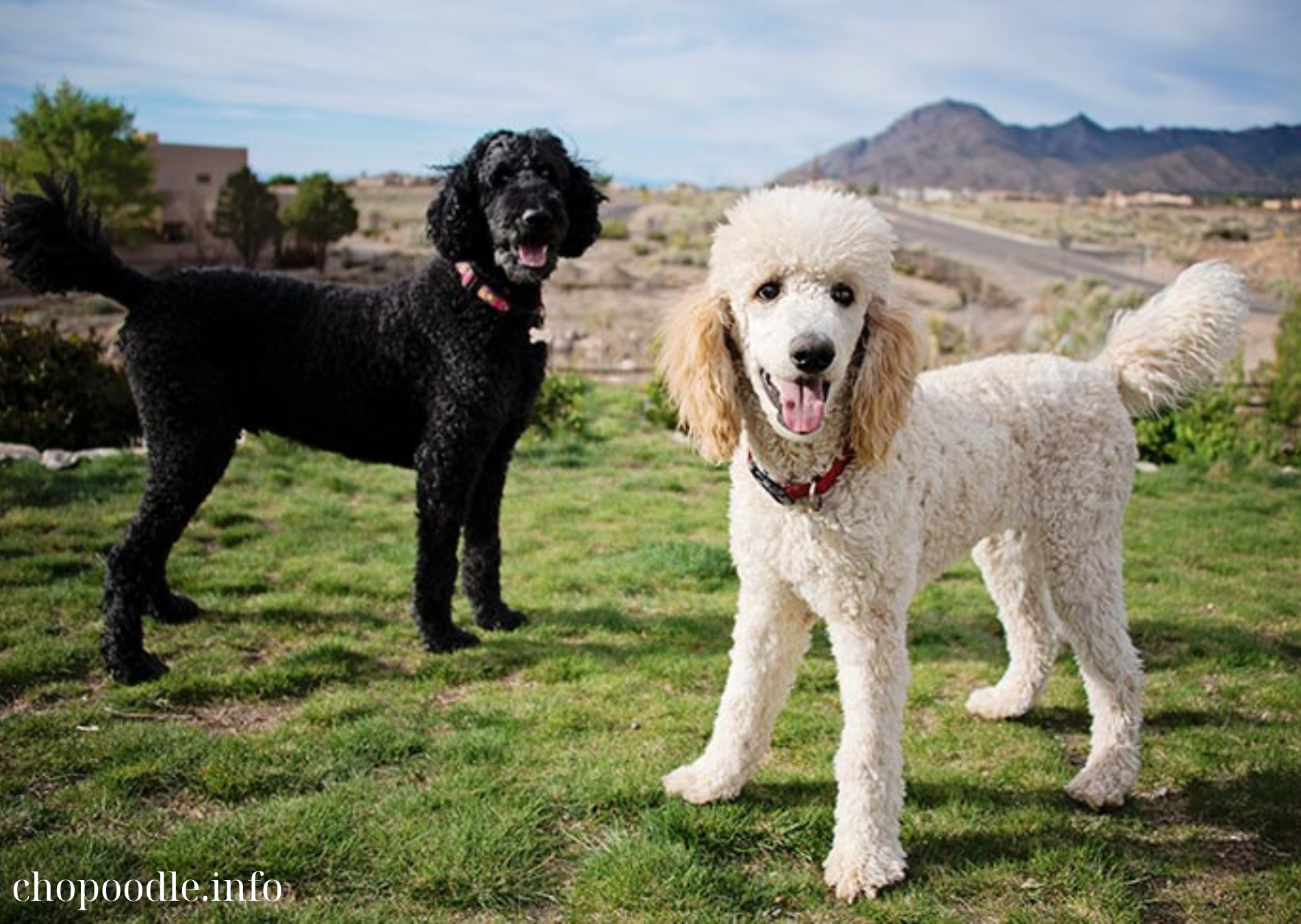
The Poodle is a beloved breed known for its intelligence, elegance, and versatility. Whether you’re considering adopting a Poodle or already have one, understanding the breed’s history, characteristics, and health concerns will help you become a knowledgeable and responsible owner. This comprehensive guide provides insights into the Poodle breed, from its historical origins to its health needs.
Poodle Breed Overview
Poodles come in three distinct sizes: Standard, Miniature, and Toy. Despite their size differences, all Poodles share common characteristics that make them unique and cherished pets.
1. History of the Poodle
Origins: The Poodle’s history dates back to ancient times, with evidence suggesting that the breed originated in Germany. Initially bred as a water retriever, the Poodle was used for hunting and retrieving game from water. The breed’s name is derived from the German word “Pudel,” meaning “to splash.”
Evolution: Over the centuries, Poodles have evolved and adapted to various roles. They became popular in France during the Renaissance and were used in circuses due to their intelligence and trainability. The Poodle’s versatility and charm made it a favorite among European nobility.
Recognition: The breed was officially recognized by kennel clubs and breed organizations in the late 19th and early 20th centuries. Today, Poodles are celebrated for their distinctive appearance and exceptional intelligence.
2. Poodle Breed Characteristics
Size Variations:
- Standard Poodle: The largest of the three sizes, standing over 15 inches at the shoulder and weighing between 40 to 70 pounds. Standard Poodles are known for their athleticism and stamina.
- Miniature Poodle: Standing between 10 to 15 inches tall and weighing 15 to 17 pounds. Miniature Poodles are known for their agility and lively personalities.
- Toy Poodle: The smallest size, standing under 10 inches and weighing around 4 to 6 pounds. Toy Poodles are prized for their portability and affectionate nature.
Appearance: Poodles are known for their curly, hypoallergenic coats, which come in a variety of colors, including white, black, apricot, and gray. Their distinctive grooming style, often referred to as the “Poodle cut,” is both practical and stylish.
Temperament: Poodles are renowned for their intelligence, trainability, and playful nature. They are also known for being alert and attentive, making them excellent companions and watchdogs. The breed is generally friendly, good with children, and adaptable to various living environments.
Training and Exercise: Poodles are highly trainable and excel in obedience and agility training. They require regular mental stimulation and physical exercise to stay healthy and happy. Interactive toys, puzzle games, and daily walks are essential for their well-being.
3. Health Concerns and Care
Common Health Issues: Like all breeds, Poodles are prone to certain health conditions. Being aware of these concerns can help you provide the best care for your Poodle:
- Hip Dysplasia: A genetic condition where the hip joint doesn’t fit into the hip socket properly. Regular veterinary check-ups and maintaining a healthy weight can help manage the condition.
- Elbow Dysplasia: Similar to hip dysplasia, this condition affects the elbow joint and can cause lameness and pain.
- Progressive Retinal Atrophy (PRA): A degenerative eye disorder that can lead to blindness. Regular eye exams can help detect PRA early.
- Addison’s Disease: A condition where the adrenal glands do not produce enough hormones. Symptoms include lethargy, weight loss, and gastrointestinal issues.
- Epilepsy: A neurological disorder that causes seizures. Management often involves medication prescribed by a veterinarian.
Grooming Needs: Poodles require regular grooming to maintain their curly coats and prevent matting. Professional grooming every 6 to 8 weeks is recommended, along with regular brushing at home to keep the coat in good condition. Additionally, regular ear cleaning, nail trimming, and dental care are important.
Diet and Nutrition: A balanced diet is crucial for a Poodle’s health. High-quality dog food that meets their specific size and age requirements should be provided. Consult with your veterinarian to determine the best diet for your Poodle.
Exercise Requirements: Regular exercise is important for Poodles to maintain their physical and mental health. Standard Poodles, in particular, benefit from more vigorous exercise, such as running or playing fetch. Miniature and Toy Poodles also require daily exercise, but it can be less intense.
Becoming a Knowledgeable Poodle Owner
To be a responsible and informed Poodle owner, consider the following:
- Research the Breed: Understanding the Poodle’s history, characteristics, and health needs will help you provide the best care for your pet.
- Choose a Reputable Breeder: If adopting a Poodle, select a breeder who follows ethical breeding practices and prioritizes the health and well-being of their dogs.
- Regular Veterinary Care: Schedule regular check-ups with a veterinarian to monitor your Poodle’s health and address any concerns promptly.
- Commit to Training and Socialization: Invest time in training and socializing your Poodle to ensure they are well-behaved and confident in various situations.
- Provide Enrichment: Offer a stimulating environment with plenty of toys, activities, and interactions to keep your Poodle engaged and happy.
Conclusion
Poodles are a remarkable breed with a rich history, distinctive characteristics, and specific health needs. By understanding their background, traits, and potential health concerns, you can become a knowledgeable and responsible owner. With proper care, grooming, and attention to their health, your Poodle can thrive and bring joy to your life for many years to come.
FAQ
What is the difference between Standard, Miniature, and Toy Poodles?
The main differences are size and weight. Standard Poodles are the largest, Miniature Poodles are mid-sized, and Toy Poodles are the smallest. All sizes share similar characteristics but have different exercise and grooming needs.
How often should I groom my Poodle?
Poodles require regular grooming every 6 to 8 weeks, along with weekly brushing to prevent matting. Regular ear cleaning, nail trimming, and dental care are also important.
What are common health issues in Poodles?
Common health concerns include hip dysplasia, elbow dysplasia, Progressive Retinal Atrophy (PRA), Addison’s Disease, and epilepsy. Regular veterinary check-ups can help manage and detect these conditions early.
How much exercise does a Poodle need?
Poodles need regular exercise to stay healthy. Standard Poodles require more vigorous activity, while Miniature and Toy Poodles need moderate exercise. Daily walks and playtime are essential for all sizes.
What should I feed my Poodle?
Provide a balanced diet with high-quality dog food appropriate for your Poodle’s size, age, and activity level. Consult your veterinarian for specific dietary recommendations.
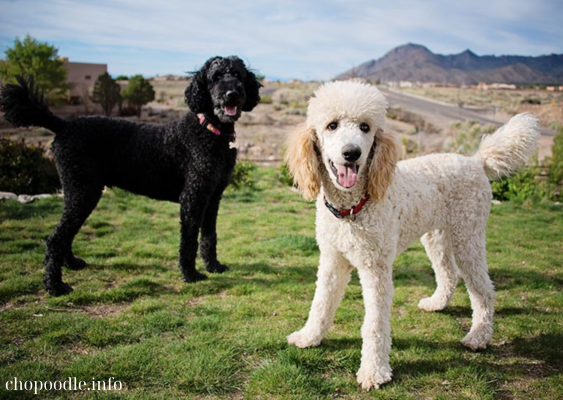
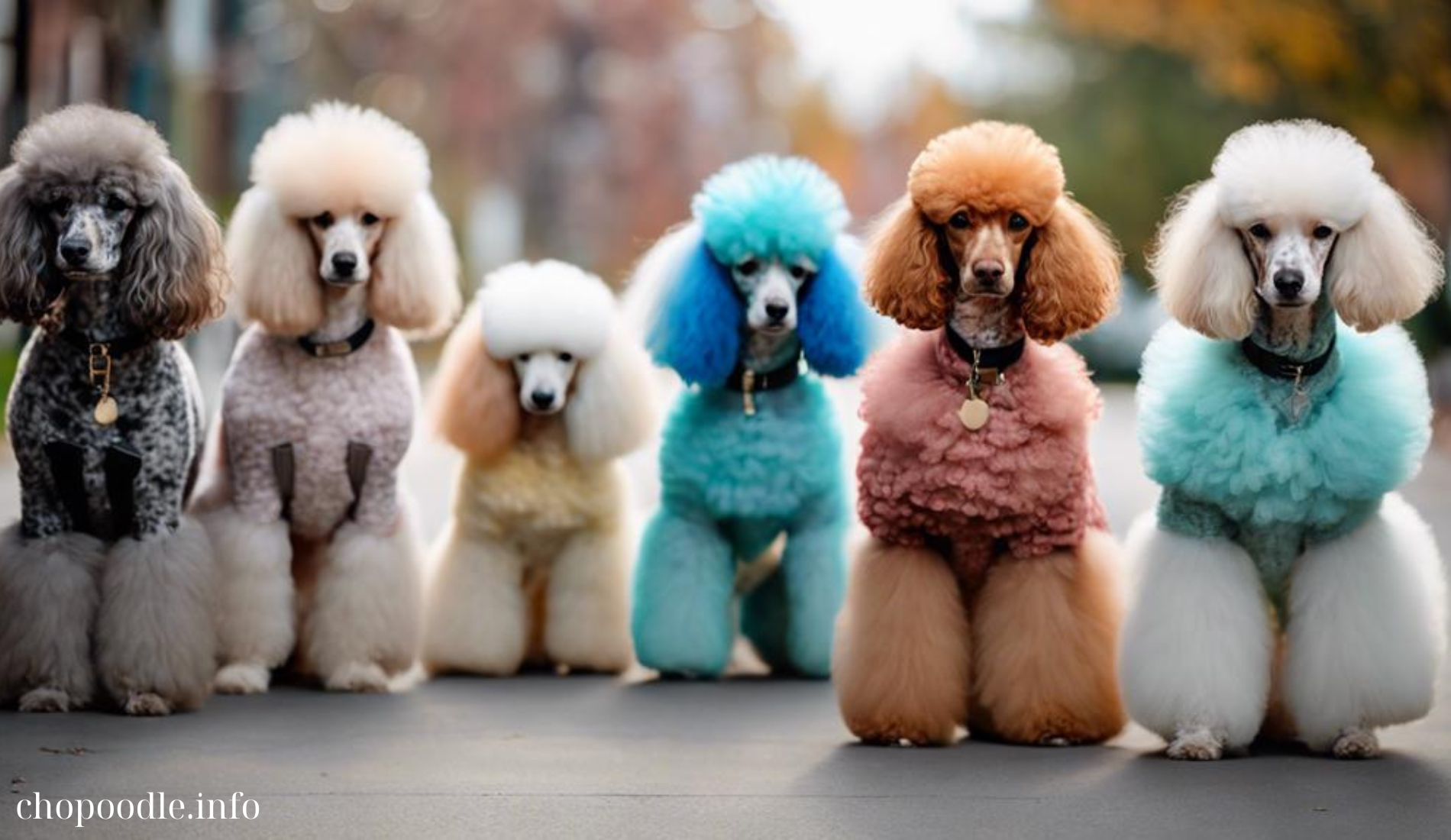

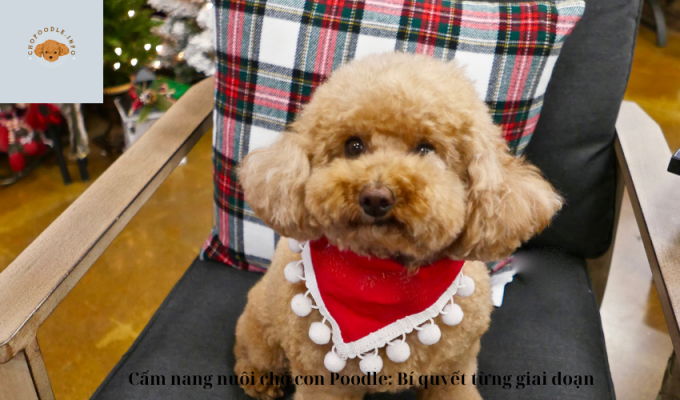
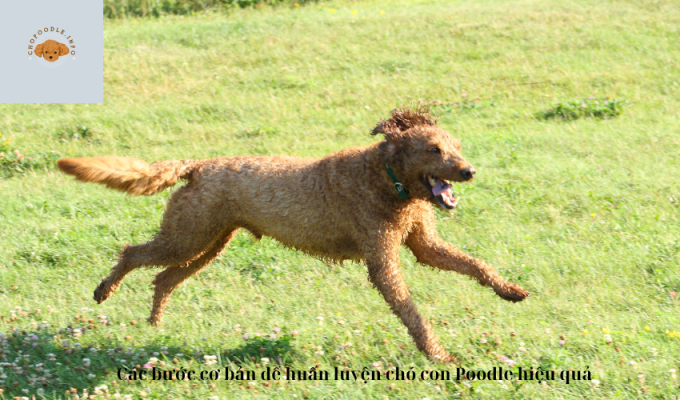
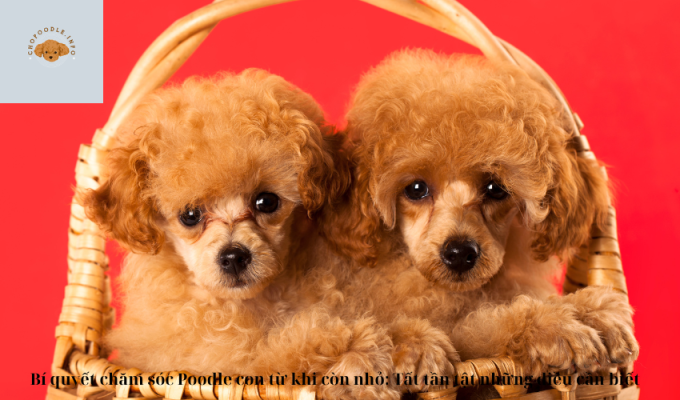



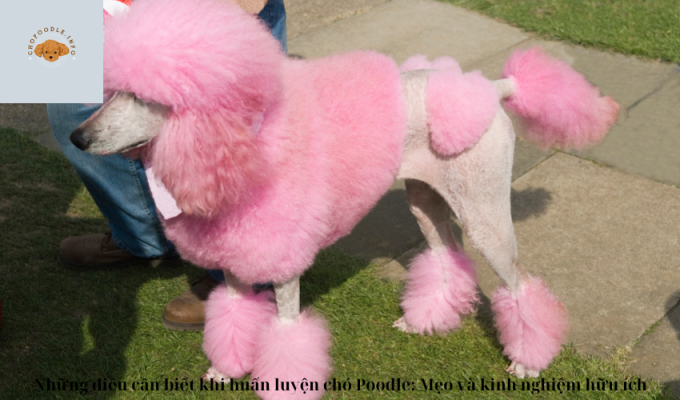

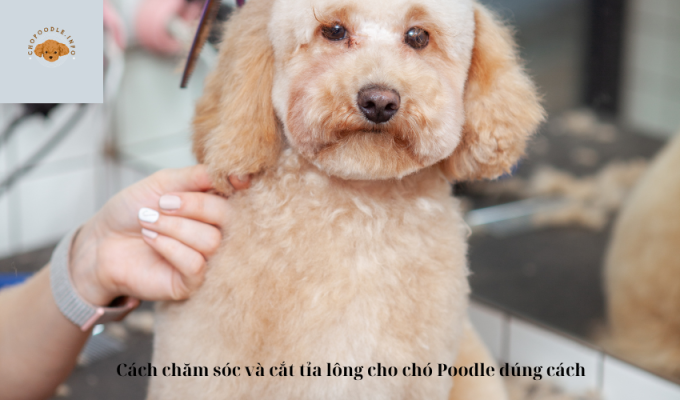
Post Comment